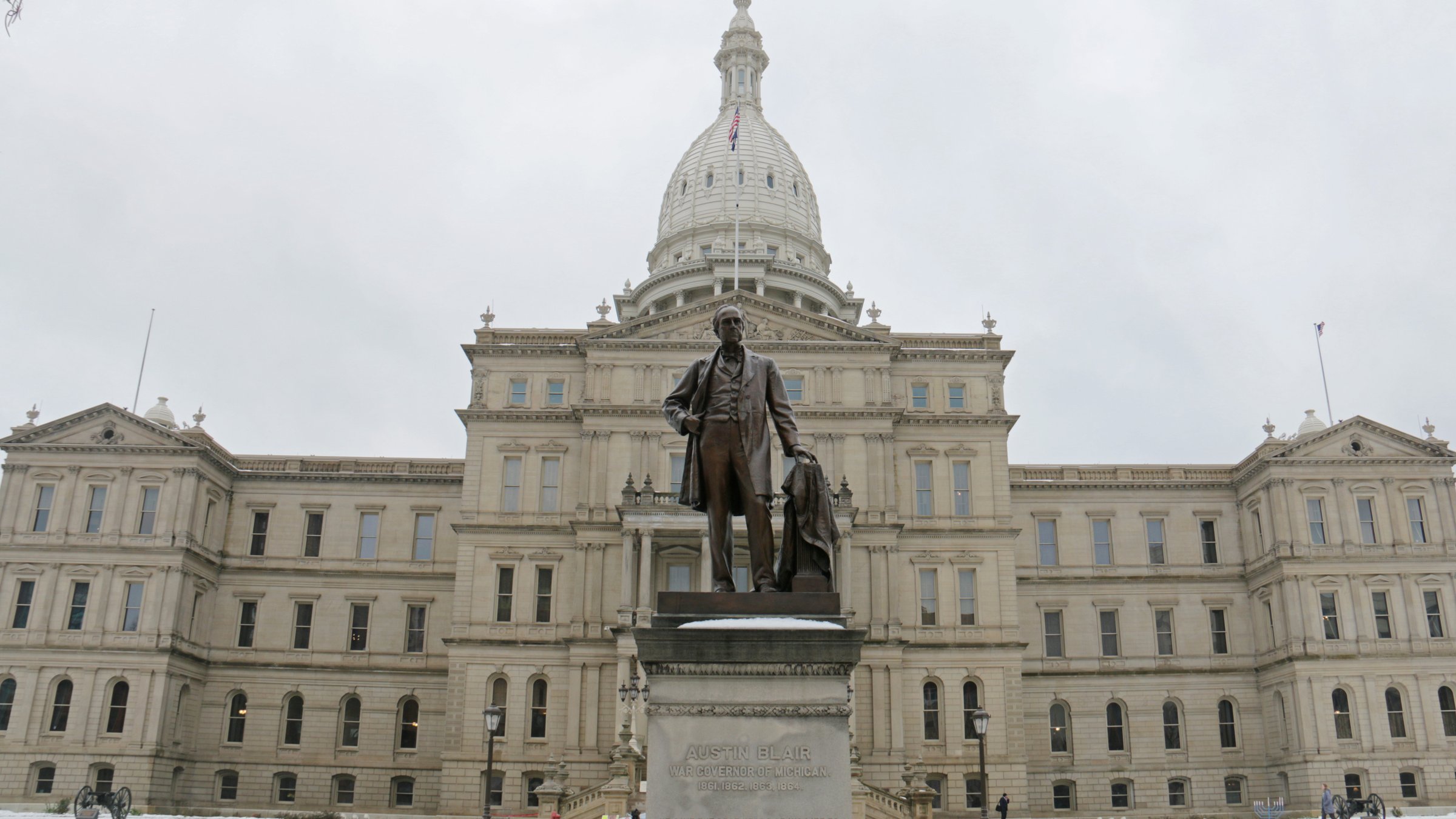As Michigan lawmakers took up a bill to expand the state's civil rights law to include sexual orientation and gender identity, the Michigan Catholic Conference (MCC) took up its own mission: To have the bill amended to protect religious organizations from discrimination for their beliefs in marriage and in biological differences between men and women.
Unfortunately, we were not successful: Gov. Gretchen Whitmer signed Senate Bill 4 into law after the Legislature sent her the bill without religious protection language.
But it was far from a lack of effort. MCC staff deployed essentially every tool in our advocacy toolbox to fight for the rights of schools, charities and organizations who wish to serve others in the public square according to the teachings of their faith.
Through our efforts, the MCC repeated that those with same-sex attractions are to be treated with dignity, compassion, and respect. Our advocacy was about ensuring faith-based organizations are not targeted for litigation for their beliefs. It was never about condoning unjust discrimination toward any group of people.
Rather, it was about broadening the policy discussion to consider the rights of all groups of people, including those of religious backgrounds whose views on marriage differ from those who supported the bill.
We first took our concerns to the bill sponsors and the leaders of the appropriate committees. MCC staff engaged in multiple conversations with these lawmakers to share the Catholic perspective. MCC staff also researched and presented data showing that every state that had expanded its civil rights law also included religious protections. This document was presented to lawmakers.
When those conversations did not bear fruit toward the broader goal, the MCC took its advocacy public.
MCC staff testified before House and Senate committees, urging lawmakers to consider adding religious protections. Three public statements about our concerns were issued to the press, which were crucial for getting MCC's perspective into news coverage. The MCC's position was represented in the Detroit Free Press, Detroit Catholic, Ave Maria Radio, and on several secular broadcast television and radio programs.
Notable among the MCC's efforts to publicize its advocacy efforts was the partnership with the Council on American Islamic Relations Michigan Chapter (CAIR-MI), which shared similar concerns about the lack of religious protections. The MCC teamed up with CAIR to publish an op-ed carried by The Detroit News, featuring a joint byline from the organizations' top officials that demonstrated the wider impact of the bill on faith communities.
A crucial component of the MCC's advocacy was the involvement of grassroots Catholics and other people of faith who messaged their lawmakers, urging them to include religious protections. More than 8,000 messages were sent to lawmakers from nearly 4,000 advocates after the MCC issued several emails inviting people to send pre-written messages to their elected representatives through the Catholic Advocacy Network. The Michigan Association of Nonpublic Schools also encouraged its members and parents to communicate the need for religious protections with elected officials.
Lawmakers that MCC staff spoke with were aware of these messages, demonstrating the impact of thousands of people writing to their lawmakers.
Despite advocating for reasonable language to protect faith-based organizations, the Legislature refused to include the policy. Separate legislation has now been introduced to include religious protections in state law after the fact, but it is unclear if the Legislature will consider the measure.
While our staff faced a tremendous challenge in trying to convince lawmakers to adopt religious protection language, they did so on behalf of Catholic schools, charities, and other faith-based organizations that wish to serve others according to the truths of the faith.
These efforts demonstrate that the MCC will always lend its voice and stand up and defend the First Amendment-protected rights of religious organizations to contribute to the common good of our society.
Paul A. Long is president and CEO of the Michigan Catholic Conference, the official public policy voice of the Catholic Church in this state.











